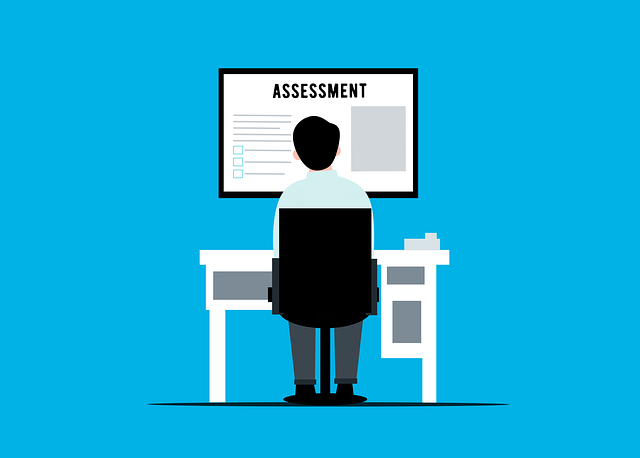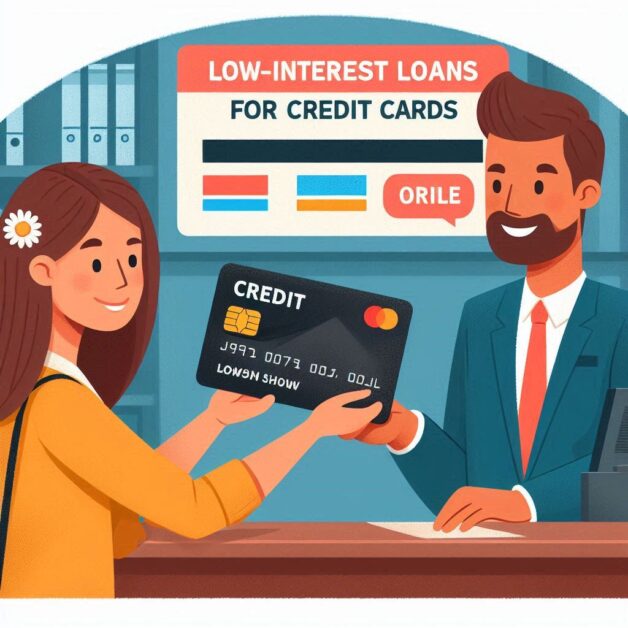Debt consolidation loans are a financial tool designed to help individuals manage multiple debts by combining them into one single loan. This means all your credit card balances and other high-interest debts get rolled into a single monthly payment, often with a lower interest rate.
One of the main reasons people opt for debt consolidation is the simplicity it offers. Instead of juggling multiple due dates and varying interest rates, you deal with just one loan. This can significantly reduce the chances of missing payments, which in turn helps maintain a healthier credit score.
Another major benefit is the potential savings on interest. Credit cards typically come with high-interest rates, especially if you’ve missed a few payments or have a lot of debt. By consolidating, you might secure a loan with a lower interest rate, saving you money in the long run.
Moreover, if you feel overwhelmed by keeping track of multiple debts, consolidation can ease that burden. It’s not just about financial relief but also mental peace. Handling a single consolidated debt feels more manageable and can give you a clearer path to becoming debt-free. For a lot of folks, this psychological benefit can be just as significant as the financial advantages.
Consolidation loans can come from various sources. Banks, credit unions, and online lenders all offer them. Each has its own set of terms and conditions, and it’s crucial to compare these before making a decision. Looking closely at interest rates, fees, and repayment terms will help you find the best fit for your situation.
This post contains affiliate links. If you make a purchase through these links, I may earn a commission at no extra cost to you.
Contents
Top Debt Consolidation Loan Options
Finding the right debt consolidation loan can feel like navigating a maze with countless lenders offering various deals. It’s important to know what to look for to ensure you choose a loan that truly meets your needs.
Many banks and credit unions offer debt consolidation loans and these traditional lenders often come with competitive interest rates, especially if you have a solid credit history. It’s worth checking with your current bank first, as they might offer better terms for existing customers.
Online lenders have become increasingly popular for debt consolidation loans. They often provide quicker approval processes and more flexible terms. Some of the leading online lenders include SoFi, LendingClub, and Avant. These platforms are known for their user-friendly interfaces and transparent terms, making the application process relatively hassle-free.
When comparing your options, focus on the interest rates and fees. Even a slight difference in interest rates can lead to significant savings. Be wary of hidden fees or prepayment penalties which can affect the overall cost of your loan. Always read the fine print before committing.
The loan term, or the length of time you have to repay the loan, also matters. Shorter terms usually mean higher monthly payments but lower overall interest costs. Longer terms make monthly payments more manageable but can end up costing more in the long run due to accumulated interest.

Another factor is the customer service and support offered by the lender. A lender who provides robust support can make your consolidation journey smoother. Look for lenders with good customer reviews and a responsive support team. Real user experiences will give you a clearer picture of what you can expect.
Taking your time to evaluate different lenders will pay off. Consider your priorities and personal financial situation carefully to choose the best debt consolidation loan for your needs.
| Lender | Interest Rates (APR) | Loan Amounts | Loan Terms | Fees | Eligibility | Highlights |
|---|---|---|---|---|---|---|
| SoFi | 8.99% – 23.43% | $5,000 – $100,000 | 2 – 7 years | No origination or prepayment fees | Credit score: 680+ | Flexible repayment options |
| LendingClub | 8.30% – 36.00% | $1,000 – $40,000 | 3 – 5 years | Origination fee: 3% – 6% | Credit score: 600+ | Peer-to-peer lending platform |
| Avant | 9.95% – 35.99% | $2,000 – $35,000 | 2 – 5 years | Origination fee: Up to 4.75% | Credit score: 580+ | Quick funding (1–2 days) |
Steps to Apply for a Debt Consolidation Loan
Getting a debt consolidation loan starts with a bit of preparation. Knowing what you need and what to expect can smooth the process significantly. Here’s a straightforward guide to help you apply for a debt consolidation loan.
Before you start filling out applications, check your credit report. Lenders will look at your credit score to determine your eligibility and the interest rates they can offer. Make sure your credit report is accurate. If you spot any errors, get them corrected. This can improve your chances of approval and possibly get you a better rate.
Gather the necessary documents before you begin. This typically includes proof of identity (like a driver’s license or passport), proof of income (such as pay stubs or tax returns), and details of your existing debts (statements from your credit cards and other loans). Having these ready can speed up the application.
Research and compare lenders carefully. Different lenders have different requirements, rates, and terms. Look for lenders with the best reviews, most favorable terms, and who are transparent about their fees and conditions. Use online comparison tools to see a side-by-side view of your options.

Looking for your debt plan
Once you’ve chosen a lender, complete the application form accurately. Double-check all information before submitting. Any mistakes can delay your approval or even lead to rejection. Be honest about your financial situation to avoid complications down the line.
After submitting your application, some lenders may require a follow-up call or additional information. Stay available and responsive to any inquiries. This can help move your application along more quickly. If approved, read through the loan agreement carefully before signing. Understand all the terms, interest rates, and repayment schedule to avoid surprises.
By preparing thoroughly and staying organized, you can navigate the application process with confidence. This will bring you one step closer to consolidating your debt and gaining financial peace of mind.
Debt Consolidation Loans for Bad Credit
Getting a loan when you have bad credit can be challenging, but it’s not impossible. A common question many people have is: Can I get a loan to pay off my debt with bad credit? The answer is yes, though it might come with some added hurdles.
Lenders are often hesitant to offer loans to those with bad credit because it presents a higher risk. However, some lenders specialize in providing loans to individuals in this situation. These lenders may offer secured loans, where you provide collateral, or they might charge higher interest rates to offset their risk.
When looking for a debt consolidation loan with bad credit, start by checking your credit score and report. Knowing where you stand can help you choose the right lenders to approach and prepare you for the terms they might offer. Look for lenders known for working with bad credit borrowers, such as Avant, LendingPoint, and OppLoans.
Improving your chances of getting approved involves a few strategic steps. First, consider getting a cosigner with good credit. A cosigner can reassure the lender and increase your chances of approval. Also, paying off smaller debts to bump up your credit score a bit before applying can make a difference.
It’s also crucial to gather documentation that shows your income and ability to repay the loan. Lenders need to see that despite your credit score, you have a stable and sufficient income to meet the loan payments. Providing proof of steady employment and any additional sources of income can strengthen your application.
If a debt consolidation loan isn’t viable, explore alternative debt relief options. Credit counseling, debt management plans, and debt settlement can provide support and solutions tailored to your financial situation. These options often involve negotiating with creditors to lower payments, interest rates, or even settle debts for less than what’s owed.
By understanding your options and preparing thoroughly, you can find a way to manage and eventually overcome your debt, even with bad credit.
Managing Finances After Consolidating Your Debt
Once you’ve consolidated your debt, it’s crucial to take steps to manage your finances effectively. Creating a practical budget is the first step. A budget helps you track your income and expenses, ensuring you don’t fall into the same debt traps. Break down your monthly expenses and identify areas where you can cut back. Redirect those savings toward paying off your consolidated loan faster.
It’s just as important to avoid accumulating new debt. Store credit cards in a safe place or even consider closing some accounts if they tempt you to spend recklessly. Rely on cash or debit cards for purchases to keep spending under control. Remember, the goal is to become debt-free and build a stable financial future.
Utilize financial tools and resources to stay on track. Personal finance apps like Mint or YNAB (You Need A Budget) can be incredibly helpful. These tools allow you to track spending, set financial goals, and receive reminders for payments, helping you maintain financial discipline.
Credit monitoring is essential after consolidating your debt. Regularly check your credit report and score to ensure that your consolidation efforts are positively impacting your credit. Services like Credit Karma offer free monitoring and can alert you to any significant changes or suspicious activity.
Maintaining open communication with your lender is also key. If you encounter any difficulties making payments, contact your lender immediately. They may offer flexible options or temporary relief to help you stay on track.
Implementing these strategies will help you manage your finances effectively. Budgeting tips can be especially helpful in ensuring you allocate funds wisely and avoid falling back into debt.

